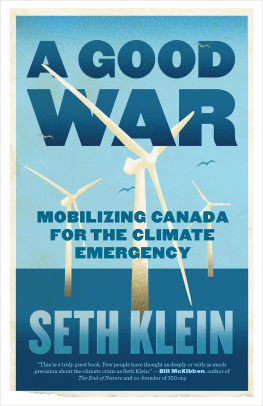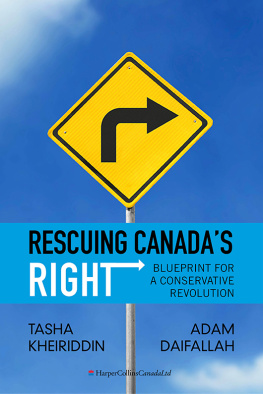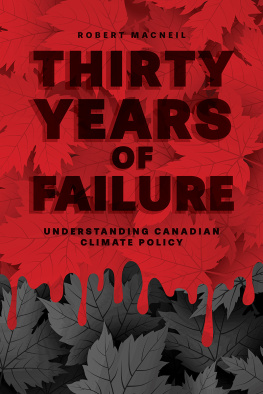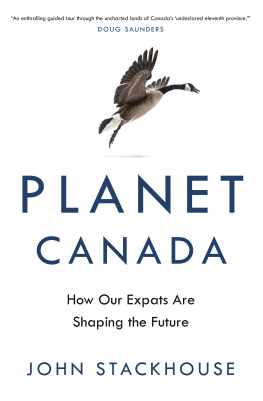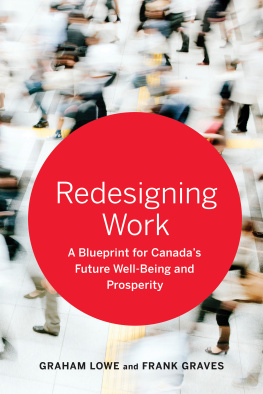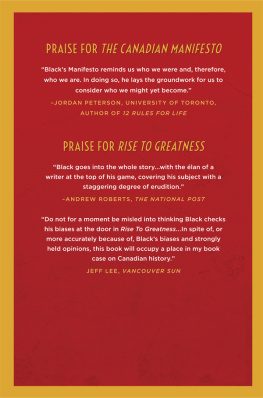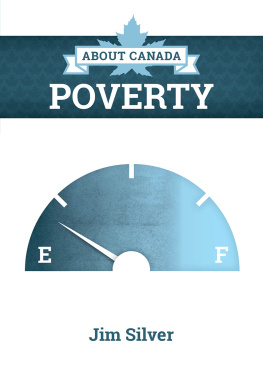CONTENTS
For Arlene, Judith, Lisa, and Eleanor,
once more into the breach
INTRODUCTION
I write these words in the early morning at my family cottage in eastern Ontario. It is a cool, grey spring day, with only the waking birds breaking the silence. I am fifty-seven and in good health. Why run again for public office? Why as a Liberal?
From a selfish standpoint I can see a future of, say, a few decades ahead. Having lost my dear brother David to cancer, I also know that there is no predicting the future. But to talk of the next twenty-five years is to talk of a world I hope to see. The next fifty years is the world of my three daughters, now in their twenties. Beyond that, the world of my grandchildren, the next generation.
I once heard a South African judge describe his country as the world in one place: A small but powerful, rich world. A large, and growing, poor one. A world of stark contrasts, of conflicts, but also one of achievement and hope. Few could have predicted that the extraordinary leadership of one man, Nelson Mandela, could have contributed so dramatically to a peaceful transition to democracy and the rule of law. Canadians also often describe ourselves as the world in one country. We are now a decidedly multicultural and multinational place. Unlike South Africa, we are as a whole far better o? than the world average. But there is enough poverty on Aboriginal reserves, in our inner cities and suburbs, in parts of rural Canada to make us less affluent than some would like to think.
We are the world also has a deeper meaning. The borders and boundaries between countries are coming down. A companys supply chain extends across the globe. The phrase national economy has much less meaning than it once did and global economy much more. The dramatic change in places like India and China, where economies grow at an exceptionally fast pace, and where technology and communication are instantly linking people and businesses to the wider world, are no longer concerns of a few. Whether we call the world shrinking or flat, the point is the same: there is no escaping interdependence.
In the next quarter-century, Canadas population will be enriched by millions more people from around the globe making this country their home. Our wealth will be even more dependent not only on our internal strength, but also on trade and investment with the rest of the world.
Climate change is also quite literally a global phenomenon. The industrialization of the world leads to more greenhouse emissions, which lead inexorably to change in the Earths atmosphere, which in turn is increasing the temperature of the planet. Oceans will rise, weather will become more extreme; more people will die from tornadoes, hurricanes, and flooding. Even deeper disasters a dramatic change in the Gulf Stream, a massive reduction of the rain forest are, we are told, possible.
Politically we are brought together as well. Insecurity in one part of the world can readily lead to violence somewhere else. A world whose populations in the Middle East, in Africa, in Asia continue to grow at a rapid pace faces human challenges on a scale that will require all of our ingenuity to meet. Put another way: Always ask yourself, What percentage of a population is under the age of eighteen? And then ask, What is the rate of employment? The answers to these questions tell us what people face for the future. They make us realize the extent of the challenge.
It all comes down to people: Villages where young women and men die of AIDS because there is no money for medicine. Five thousand children a day dying from malaria, from starvation, from AIDS when it is actually extreme and entirely predictable poverty that is killing them. This, too, is our world.
Canada and Canadians are caught up in this world. On First Nations reserves today, most of the population is under the age of eighteen. When those children have access to the Internet and television, they see a very different world from the one immediately around them. Many will leave their homes for jobs or school, heading to cities or towns and uncertain futures. Will they find a welcoming place, a place that respects them, treats them with dignity? Will they find the education they need? Will they find work? Will they find the chance to make their way in the world?
The next twenty-five years will tell a story. Canada can play a meaningful role in ending extreme poverty in the world. It can provide an exciting range of opportunities for all its citizens. It can become a leader in reducing pollution and in slowing climate change. It can help open up the world for its entrepreneurs. It can ensure that we are more prosperous and that opportunities are deeply and widely shared. Canada can also play a role in reducing insecurity and violence in the world.
Whether this happens depends on choices we make today. This book is about these choices and how they will inevitably affect the future. But we should all be asking ourselves these questions: What do we see on the horizon? What sort of country and world do we aspire to for our children, our grandchildren, and ourselves? And how best can we get there?
I have many people to thank for helping me to get this book written in the midst of a busy time. My assistant, Cynthia Diamond, helped throughout and I thank her most warmly. My friends Paul Genest, Jonathan Goldbloom, Gene Lang, and Priscilla Mouzakiotis were generous with their time and opinions. Judith Maxwell, Martha Friendly, Jonathan Hausman, and many others advised on social and economic issues. Louise Comeau and Stewart Elgie were especially helpful on environmental matters. Janice Stein and David Cameron have counselled me extensively on foreign policy and constitutional issues. Many political colleagues have helped as well.
My wife, Arlene Perly Rae, and our three daughters, Judith, Lisa, and Eleanor, have assisted me with research, debating ideas, and keeping perspective. This book is dedicated to them with much gratitude and love.
CHAPTER ONE

The Last Ten Years:
Some Lessons Learned
I HAVE WRITTEN ABOUT MY EARLIER POLITICAL career in two books, From Protest to Power and The Three Questions. Since they are both available to the reader, I will not repeat that narrative here.
The decade since 1996 has been very much a second career, beginning with my association with the Goodmans law firm in Toronto. To return to the practice of law with such a congenial and able group of colleagues has been a real pleasure. My work on corporate governance and restructuring has taken me into the practical and ever-changing world of the marketplace. I have developed an even deeper conviction that how a society becomes and remains prosperous lies at the heart of successful public policy.
In a great many countries, this question has been seized as a central one by reforming social democratic parties. Despite the best efforts of a few, such has not been the case with Canadas federal New Democratic Party (NDP). I resigned from the NDP when I was named to the Security Intelligence Review Committee (SIRC) by Prime Minister Jean Chrtien in 1998. That appointment involved some adjudication of complaints by citizens regarding the Canadian Security Intelligence Service (CSIS), and I did not want any appearance of conflict in that new role. But there was also steady disenchantment with both the federal and Ontario New Democratic parties, and in particular their failure to embrace fully the need for change and to practise balance in all aspects of policy, both domestic and foreign.
Since my resignation, I have had a chance to work on a number of fascinating challenges: the review of Canadas intelligence and security services, with SIRC; the restructuring of the Canadian Red Cross and the Toronto Symphony Orchestra; issues of federal governance around the world, with the Forum of Federations; the softwood lumber dispute; the fishing dispute at Burnt Church, New Brunswick; the review of higher education for the Dalton McGuinty government in Ontario; and the inquiry into the 1985 Air India terrorist bombing. Throughout it all, I worked as a lawyer on negotiation, mediation, and corporate governance, served on boards, raised money for charities, and helped to restructure many other organizations. It has hardly been a retirement!
Next page

